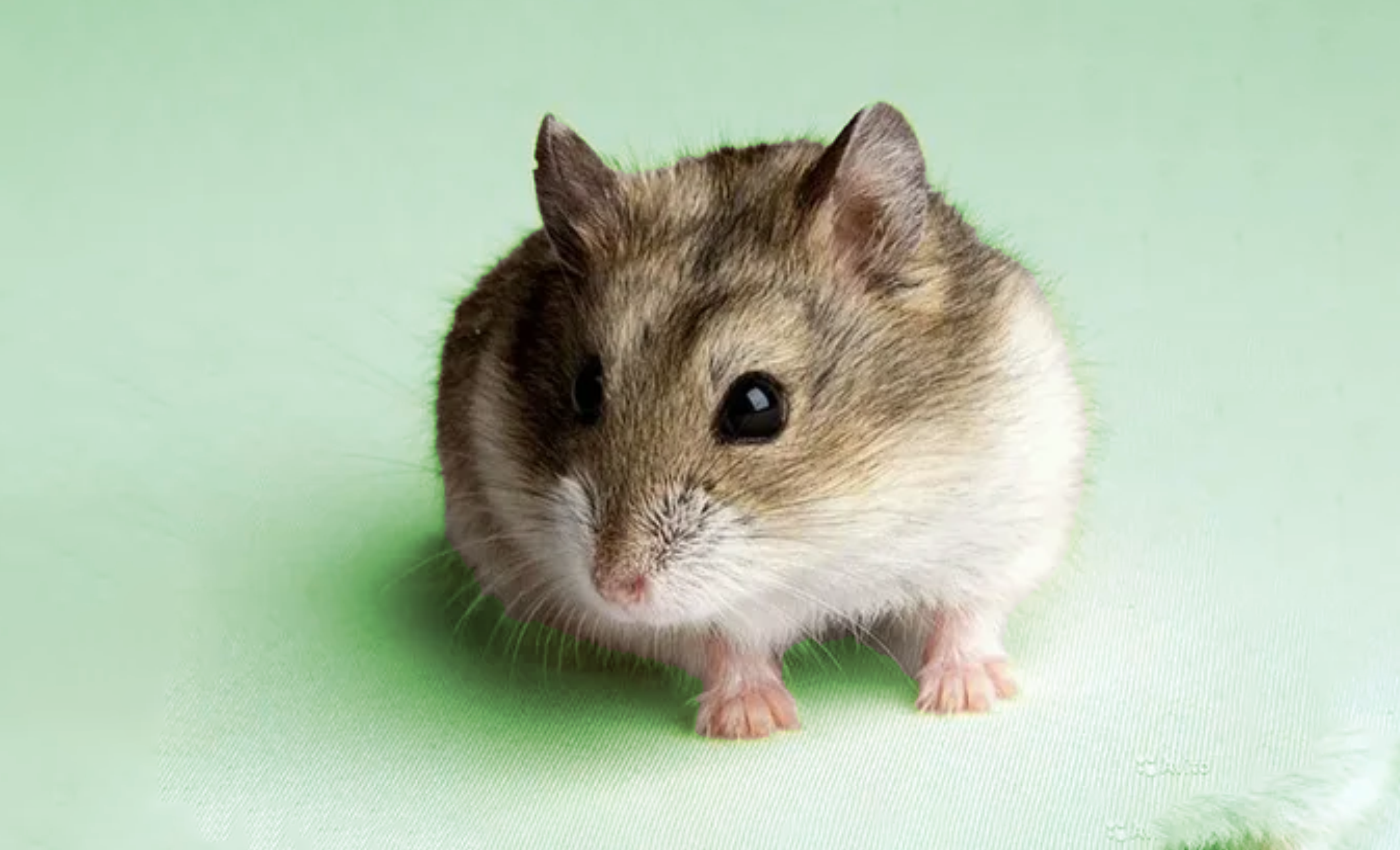Dzungar Hamsters: The Perfect Small Pet

Introduction to Dzungar Hamsters
Dzungar hamsters belong to the dwarf hamster species, characterized by their modest size and friendly demeanor. They typically grow up to 10 cm in length and weigh less than 50 grams. Originating from the Dzungar region, these hamsters have become popular pets worldwide due to their manageable size and appealing traits.
Physical Characteristics
One of the distinctive features of Dzungar hamsters is their short and smooth fur. Across their back runs a noticeable stripe, usually black or dark gray, which adds to their aesthetic appeal. These hamsters come in various color variations, including:
- Standard: Featuring a blend of brown and gray fur.
- Pearl: Exhibiting white fur with patches of gray.
- Mandarin: Sporting shades of vibrant red fur.
- Sapphire: Flaunting a cool gray hue with hints of blue.
These color variations make each Dzungar hamster unique, allowing pet owners to choose one that suits their preferences.
Behavior and Temperament
Dzungar hamsters are known for their curious and active nature. Unlike some other small pets, they do not hibernate during winter, remaining lively and engaging year-round. This makes them ideal for families or individuals seeking a pet that provides constant companionship without seasonal changes in activity levels.
In terms of social behavior, Dzungar hamsters are generally solitary creatures and prefer to live alone in their habitats. While they can be housed together when young, it’s essential to monitor their interactions closely to prevent any aggressive behavior.
Habitat and Housing Requirements for Dzungar hamsters
Creating a suitable habitat is crucial for the health and well-being of Dzungar hamsters. A spacious cage with plenty of room for exercise and exploration is recommended. The cage should be escape-proof, as these hamsters are known for their curiosity and agility.
Key elements for a Dzungar hamster habitat include:
- Bedding: Choose bedding that is safe and comfortable for burrowing. Aspen shavings or paper-based bedding are excellent options.
- Nesting Area: Provide a cozy nest for your hamster to retreat to, lined with soft materials like hay or shredded paper.
- Exercise Wheel: Include a suitable-sized exercise wheel to allow your hamster to stay active. Ensure the wheel is solid and free from gaps to prevent injury.
- Hideouts and Toys: Incorporate tunnels, hideouts, and chew toys to encourage natural behaviors and mental stimulation.
- Food and Water: Offer a balanced diet of hamster pellets, fresh vegetables, and occasional treats like fruits or mealworms. Ensure fresh water is available at all times, preferably in a sipper bottle to prevent spills.
Feeding and Nutrition for Dzungar hamsters
Maintaining a proper diet is essential for the health of Dzungar hamsters. A balanced diet includes commercial hamster pellets as the staple food, supplemented with fresh vegetables and occasional treats. Avoid feeding sugary or fatty foods excessively, as these can lead to health issues such as obesity and dental problems.
Health Care and Maintenance
Regular health checks are essential to ensure your Dzungar hamster remains healthy and happy. Look out for signs of illness such as changes in appetite, lethargy, or unusual behaviors. A veterinarian specializing in small animals can provide guidance on preventive care and treatment options if needed.
Tips for maintaining your hamster’s health include:
- Regular Cage Cleaning: Clean the cage and change bedding regularly to prevent odor buildup and maintain hygiene.
- Handling and Socialization: Handle your hamster gently and regularly to promote trust and socialization. Always supervise interactions with children or other pets to prevent accidents.
- Dental Care: Provide chew toys and mineral blocks to help keep your hamster’s teeth healthy and prevent overgrowth.
Breeding and Reproduction
Dzungar hamsters are capable of reproducing throughout the year, with females reaching sexual maturity as early as 4 weeks of age. Breeding should be carefully planned and supervised to prevent unwanted litters and ensure the health of the parents and offspring.
Acquisition and Cost
Acquiring a Dzungar hamster as a pet is generally affordable, with prices ranging from 50 to 200 rubles depending on factors such as color variation and breeder reputation. It’s essential to purchase from reputable breeders or adopt from rescue organizations to ensure you receive a healthy and well-socialized hamster.
Conclusion
In conclusion, Dzungar hamsters are delightful pets known for their small size, charming personalities, and low-maintenance care requirements. Whether you’re a first-time pet owner or an experienced enthusiast, these hamsters make excellent companions for individuals and families alike. By providing a suitable habitat, proper nutrition, and regular veterinary care, you can ensure your Dzungar hamster leads a happy and healthy life in your home.
Post Comment